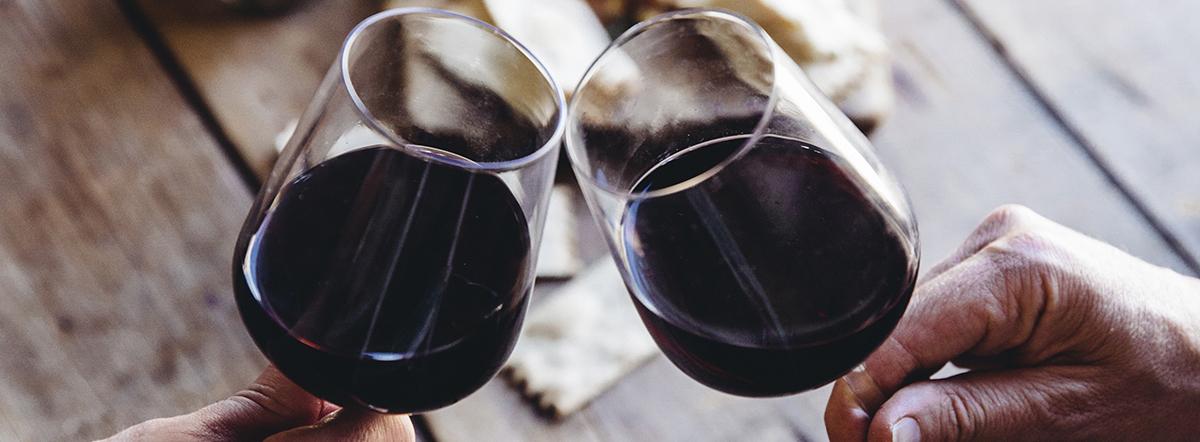The Mediterranean diet is now being billed as a plant-based diet. It is NOT. It’s a natural, delicious, balanced way of eating that will keep you healthy and bright years beyond average.
Let me call your attention to an important study that looked at the Mediterranean (and MIND) diet and its impact on dementia. People who had the highest intake of green leafy vegetables—7 or more servings per week—had less Alzheimer’s brain pathology than those who ate only 1 or 2 servings weekly (Is this real; are there really people who only eat greens 7 times a week?)
How crazy is a view of nutrition that says eating greens every day is a “plant-based” diet? That’s what’s wrong with so-called “experts”, dieticians and nutritionists in the US; their view is so screwed up that they think not eating steak, eggs, burgers, ice cream, fries and cheese melt every meal is “plant-based” eating!
Ordinary people who rely on them for “expertise” have no chance of getting it right.
I’m referring now to a 2023 paper in the journal Neurology. In a nutshell, their “revelation” is that people who had the highest intake of green leafy vegetables — 7 or more servings per week — had less global Alzheimer’s pathology than those who ate only 1 or 2 servings weekly.
OK, interesting enough. But for neurologists they seem dumb to me. They talk about Alzheimer’s pathology and assume that beta-amyloid plaque, phosphorylated tau tangles, and neurofibrillary tangles are all markers of AD. That’s totally up to dispute: people with masses of plaque show no signs of dementia AND people with quite severe dementia reveal little or no amyloid-burden at autopsy.
Indeed amyloid is present in normal healthy brains and so must serve some function, other than just to cause dementia! Importantly, severity of dementia correlates better with synaptic loss (loss of brain cell interconnections) and mitochondrial abnormalities than it does with amyloid deposition.1
Like the “Big Bang” model for the origins of the universe, which is absurdly false and yet clung to by fake scientists who only care about their salaries, so too the amyloid build up model sticks like poo to a wooly blanket. It won’t go away. Nobody dares stand up and say, “What nonsense!”
What is known of course, is that tissue cleaning in the brain, the so-called glymph system (a concatenation of lymph for lymphatics and glial cells, which are the brain’s busy hygiene cleaners) is truly crucial. If that system underperforms or is blocked, there is toxic build up in the brain and that causes damage.
So the take-away from this study is about diet and nutrition, not poorly worked out models of pathology. If you eat well, exercise plenty, don’t smoke and practice the art of loving and caring, you’ll not likely experience any mental decline above the marginal slowing down, at non-pathological levels.
Everything else is pretty irrelevant. In fact this study compensated for almost everything: it controlled for age at death, sex, education, APOE4 gene status, and total calories. Findings persisted when adjusted further for physical activity, smoking, and vascular disease burden.
Conviviality Rules
The Mediterranean diet (MD) is considered one of the healthiest dietary patterns in the world because of its observed association with positive health outcomes. After more than half a century of research, the MD has been recognized by UNESCO as an intangible cultural heritage of humanity, including the dimension of shared meals or commensality in its definition as a symbol of cultural heritage.2
Two aspects that characterize the MD are “what” and “how” we eat. Typical researchers go for “what” and often entirely miss the “how” (what circumstances and surroundings). A great study published on in the National Library of Medicine made things pretty plain:
“Conviviality is the social component of eating involving the sharing of meals, also contributing to the associated health-promoting effects of this lifestyle. Conviviality is a feature in Mediterranean countries where family and food traditions are core activities.”

But researchers remarked, “As far as we know, conviviality has not been studied in the literature of Northern European and English-speaking countries.”3
See, not even considered! Yet it’s absolutely crucial, as my friend the late Stephen Sinatra and I have shared on occasions, when interviewed.
Here’s the shocking part: it’s not so much about the food at all! It’s about loving family, camaraderie (human fellowship), relaxation and stress reduction at mealtimes. It’s modern science to think “stuff” and numbers (like quantities and percentages). But it’s muddle-headed. The REAL Mediterranean diet is more about immeasurable values, like togetherness and belonging, love and sharing, family values and great cooking!
Conviviality is more than a shared meal, because it relates to “how” we eat. The “how” involves socializing when eating and, as complementary aspects, self-awareness of satiety and hunger signals, eating slowly, and chewing well. Meal satisfaction is not only related to portion sizes or how much is eaten. The activity of cooking, conviviality, and the fact of sitting together to eat the same foods rather than just eating are very typical of the Mediterranean areas and are habits practiced on a daily basis.4
Put This In The Reverse
If we switch this around, we get a different perspective on the same phenomenon. People who are always in a hurry at meals, can’t wait to leave friends behind and dash off to some work assignment or another are leading a very unhealthy lifestyle, NO MATTER WHAT THEY EAT.
Similarly, a life of loneliness, disconnection or emotional coldness we know shortens life.
According to new research, people who eat most of their meals alone may be at increased risk for heart disease and diabetes. Men who dined solo at least twice a day were more likely to have metabolic syndrome—a cluster of three or more risk factors including high blood pressure, high cholesterol and prediabetes—compared to those who always dined with others.
In their paper, published in Obesity Research & Clinical Practice, the study authors note that families in many regions of the world have become smaller in recent decades, and there are also more one-person households. “At the same time, eating patterns have become irregular, informal, and individualized in the form of more eating alone,” they write.5
The REAL Mediterranean Diet
The Mediterranean diet includes plenty of fruit and veg, salads, and olive oil. But Mediterraneans also eat meat, fish and fowl. They are NOT vegetarians, much less vegans (duh!)
They also drink quite naughty amounts of wine, which US puritanical “researchers” often forget to mention. They try to pretend it’s irrelevant or just an add-on. But wine is a crucial part of the so-called Mediterranean diet. The vast majority of adults in the region drink wine.

It’s not just about catechins and resveratrol either. The Italians have a saying “A day without wine is a day without sunshine.” That sums it up. Wine brings conviviality. The famous Roseto group which came to prominence as part of the Framingham study was all about finding the Italians who lived exclusively in that town (Roseto, Pennsylvania) were a full-on community. Everyone knew everyone else. The family bonds were immensely strong and the food—of course—was as good as it gets back home.
As a result of their strong sense of being together, males experienced HALF the national rate of heart attacks. They brought the Mediterranean world with them… and it wasn’t the pasta that kept them healthy!
¡Salud! Santé! Cin cin! Saúde! Yamas! Sher-i-feh! (Turkish)
To your good health,
Prof. Keith Scott-Mumby
The Official Alternative Doctor Dementia
Source Notes: Agarwal P, et al “Association of Mediterranean-DASH intervention for neurodegenerative delay and Mediterranean diets with Alzheimer disease pathology” Neurology 2023; DOI: 10.1212/WNL.0000000000207176.
References:
- Struble, Robert G. et al. ‘Is Brain Amyloid Production a Cause or a Result of Dementia of The Alzheimer’s Type?’ 1 Jan. 2010 : 393 – 399
- Saulle R., La Torre G. The Mediterranean Diet, Recognized by UNESCO as a Cultural Heritage of Humanity. Ital. J. Public Health. 2010;7:414–415. doi: 10.2427/5700
- Int J Environ Res Public Health. 2021 Mar; 18(5): 2499. Published online 2021 Mar 3. doi: 10.3390/ijerph18052499
- Morin H.K. The Mediterranean Diet: A Family Affair. Am. J. Matern. Child. Nurs. 2010;35:238. doi: 10.1097/NMC.0b013e3181dd7ef9
- https://www.sciencedirect.com/science/article/abs/pii/S1871403X17300960




